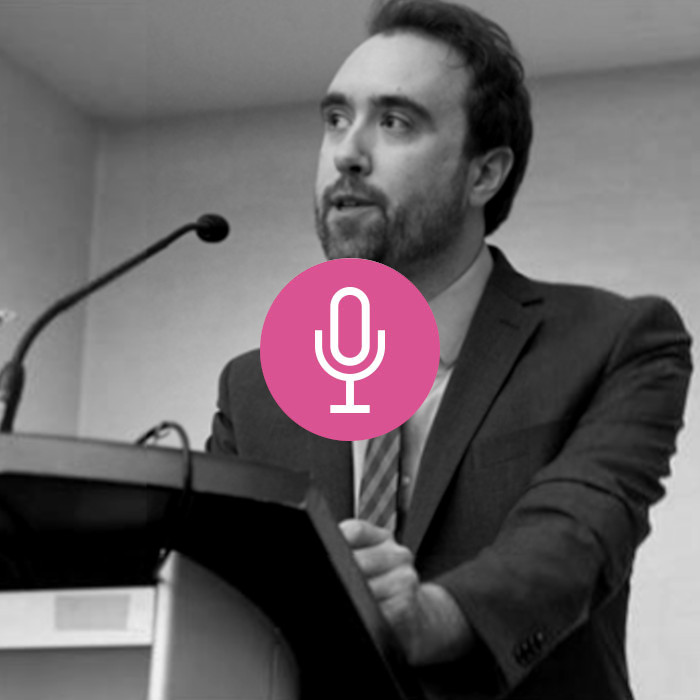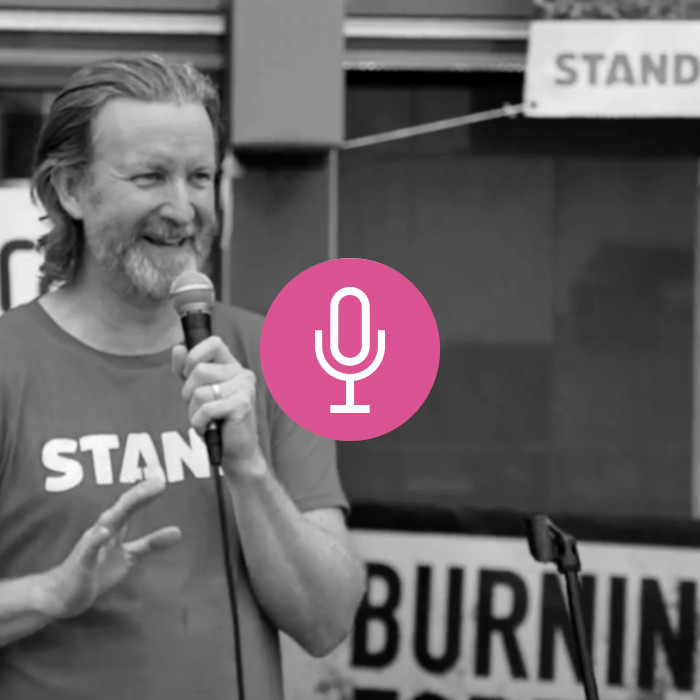The Emperor’s new carbon credits? Silicon Valley’s non-existent offsets
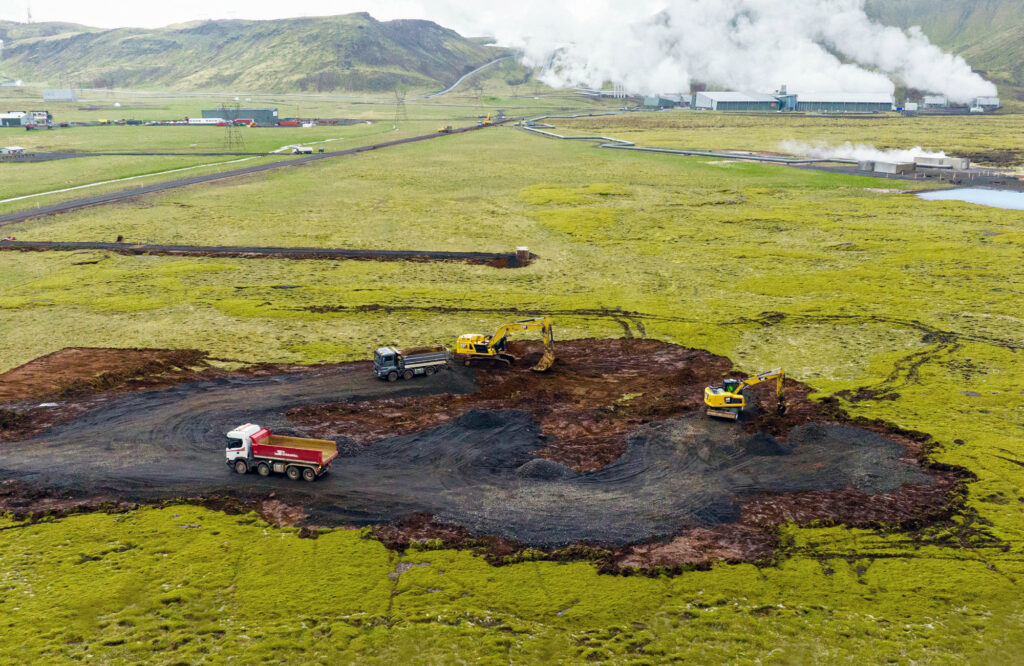
Experts expect more than half of the voluntary carbon market to be carbon removals by 2030. The sales are happening already – but the removals are not.
What are the European Commission’s plans for negative emissions?
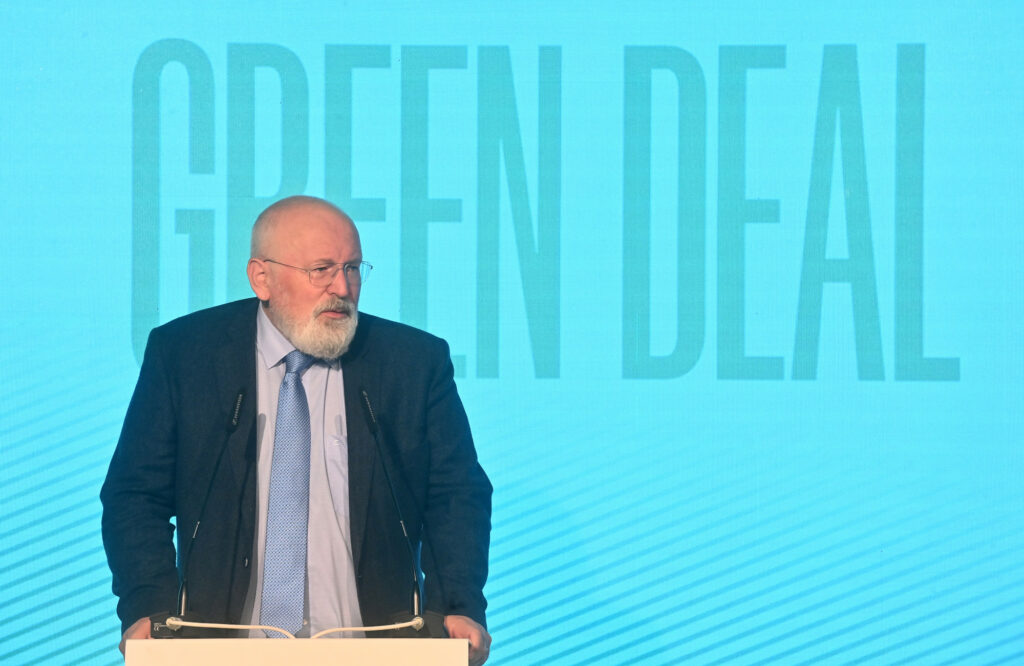
Rosie Nurse explains 2022 policy developments around BECCS, DACCS, carbon farming and enhanced weathering.
Who are <em> you </em> calling barren?
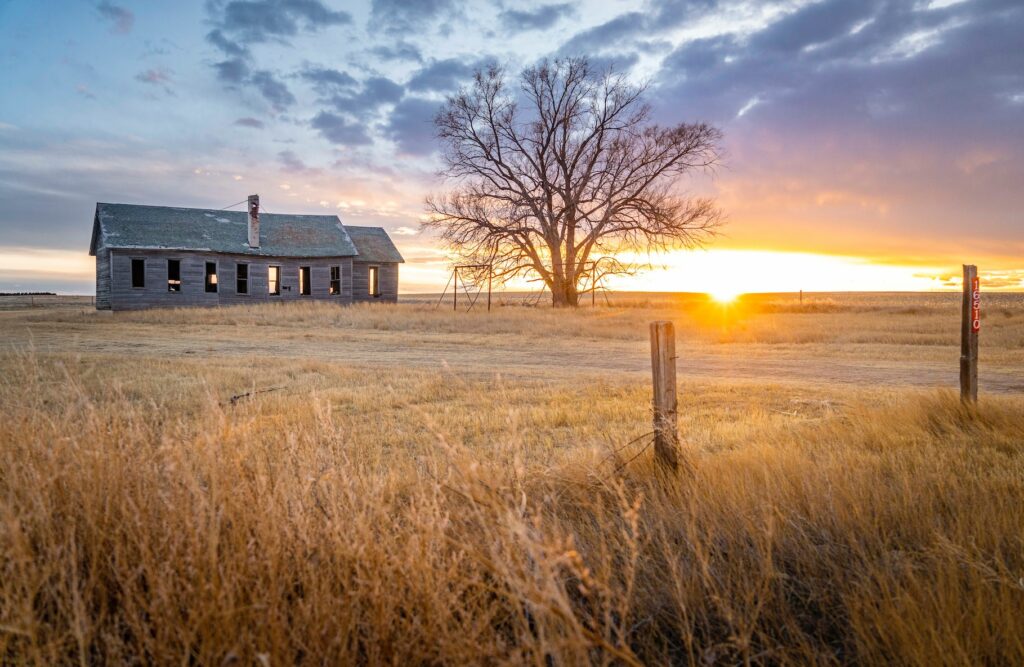
Lauren Sneade reads Rosetta Elkin’s “Plant Life: The Entangled Politics of Afforestation” and asks a controversial question: is the very concept of afforestation rooted in colonial violence?
Do-or-Die: Should we be talking about geoengineering?
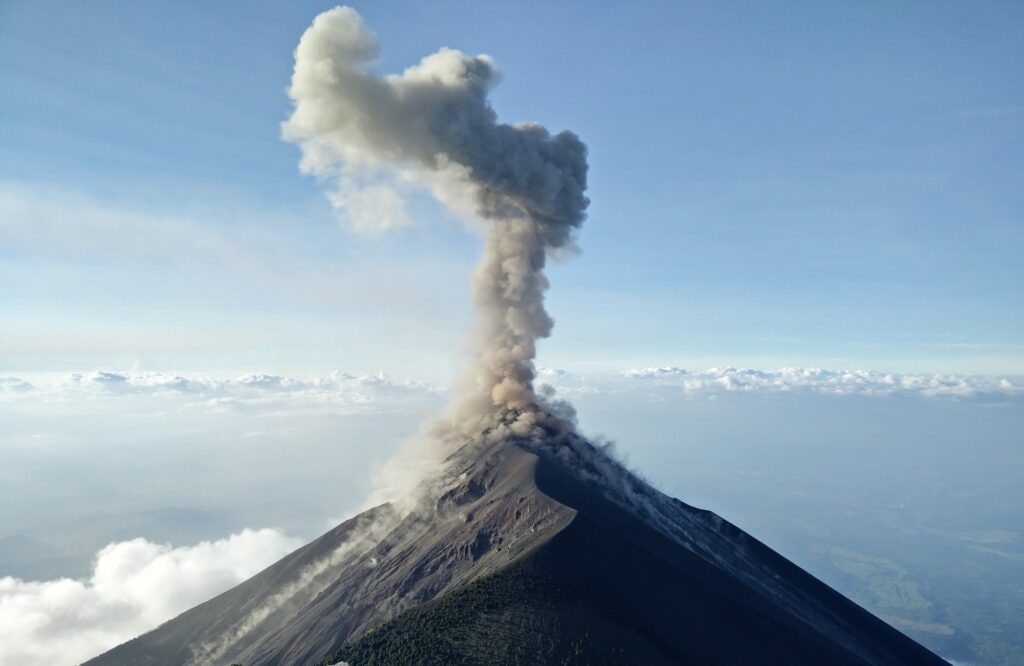
As keeping global heating to 1.5°C looks increasingly unlikely, some academics are suggesting we use aerosols or salt to block out the sun. Are they right, or risking everything?
Do ad-men dream of electric trees? Greenwash at the Science Museum
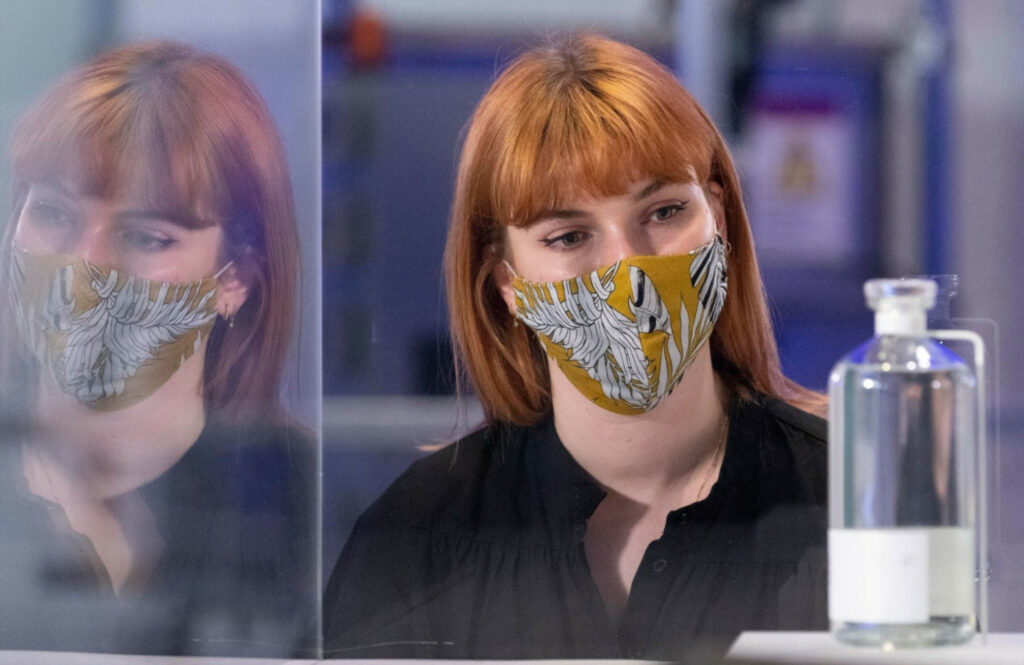
What does the future look like? According to the UK’s Science Museum, and by implication Shell, the oil and gas giant sponsoring this exhibition, it looks like a corporate expo.
What does the IPCC say about carbon removal?
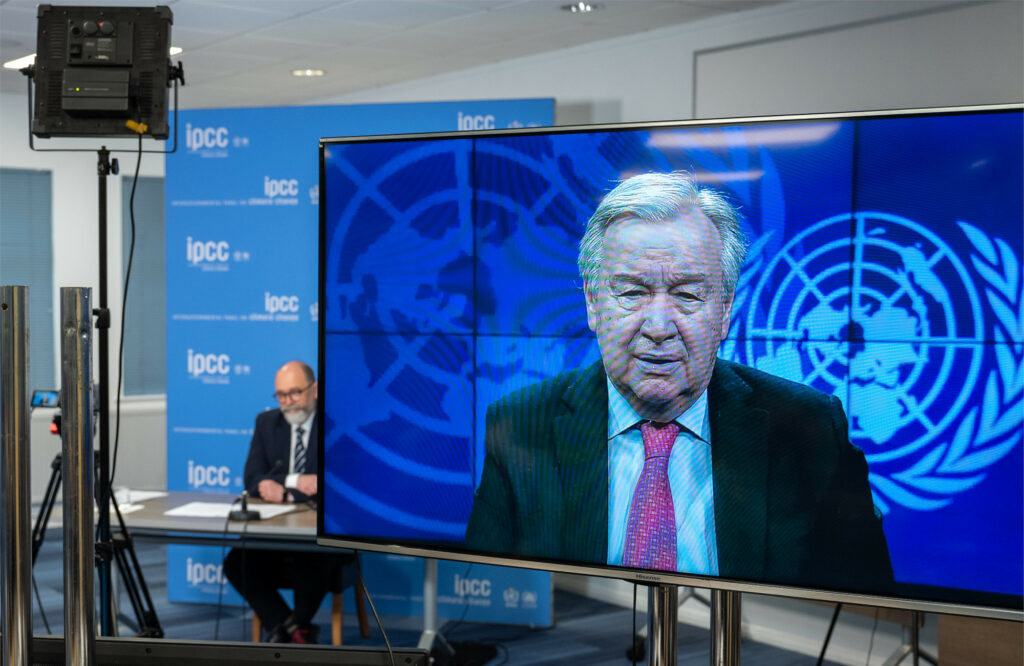
We break down the analysis around carbon dioxide removal in Working Group Three’s 6th Assessment Report.
Paddy farming below sea level – how traditional knowledge could save the future
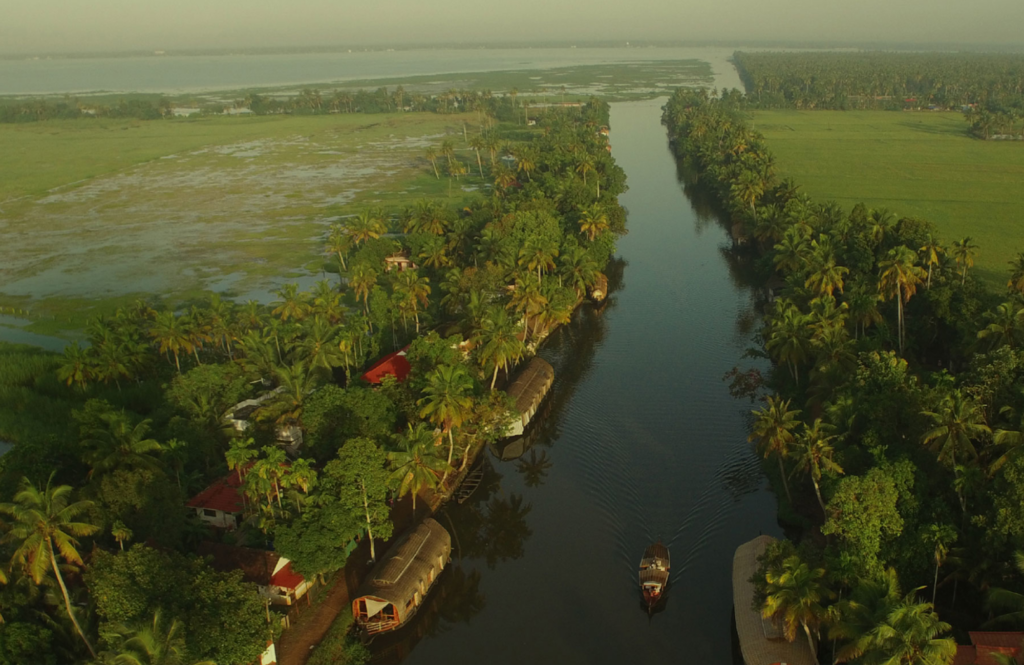
Climate adaptation should not be approached with universal solutions. Designed primarily by and for affluent communities, the solutions considered best practice are often examples of “maladaptation,” causing more problems in the long term than the challenges they are trying to solve.
If we don’t know what nature is, how can we save it?
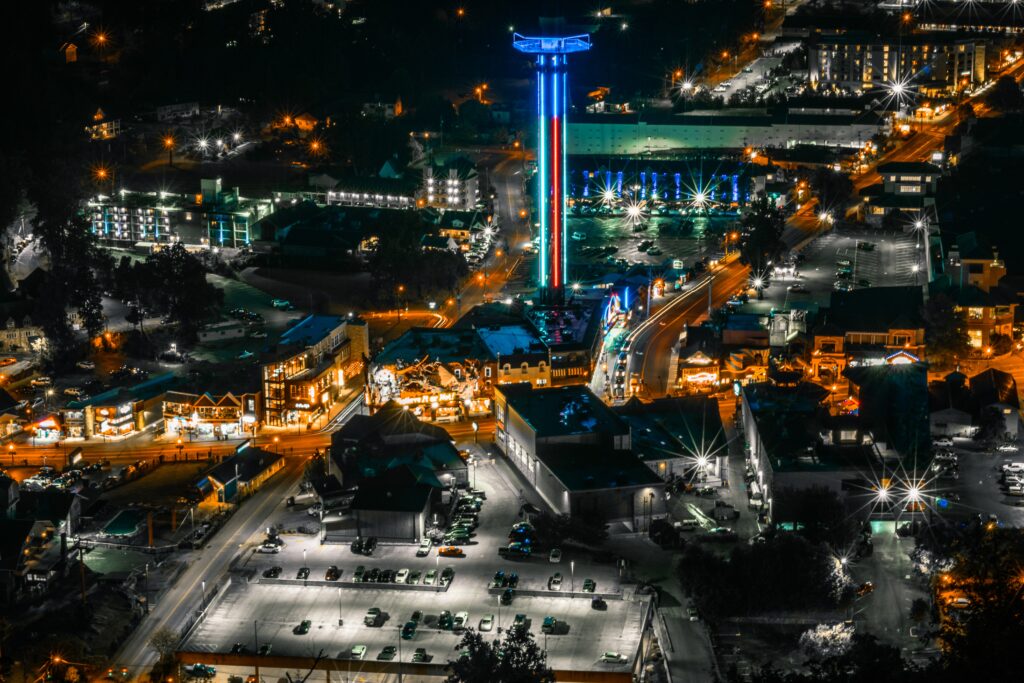
‘A Road Running Southward: Following John Muir’s Journey Through an Endangered Land’ is a touching elegy for nature lost to consumerism, says Lauren Sneade.
Is climate dystopia inevitable? Reviewing ‘Half Earth Socialism’ by Troy Vettese and Drew Pendergrass
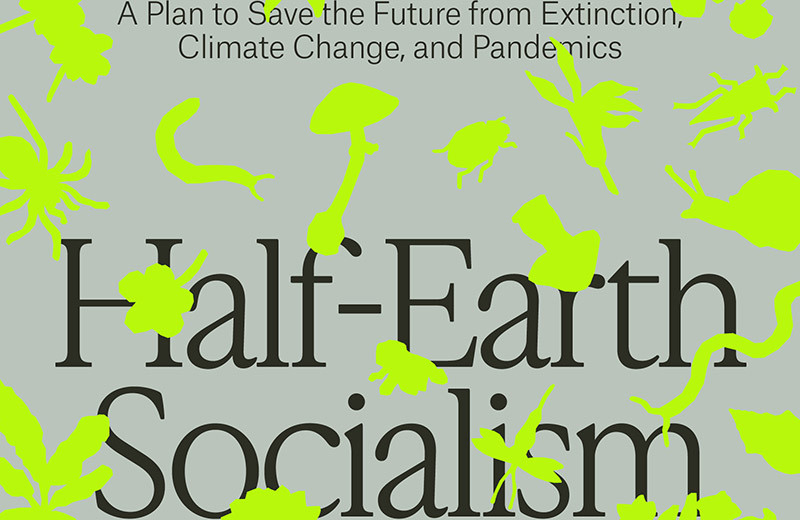
Part utopian fiction, part political philosophy, and part climate policy analysis: Bertie Harrison-Broninski reviews the ambitious new work from Verso books.
Back to the future: is wood really that good?
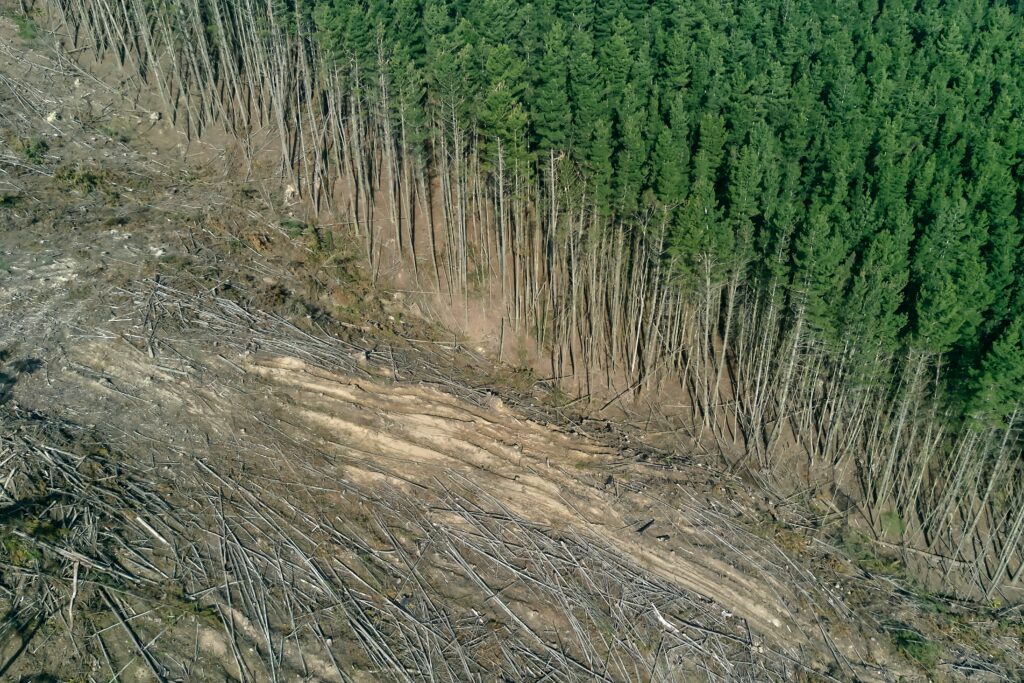
As timber becomes more widely-used in the construction industry, our assistant editor compares new timber materials to concrete and steel, asking the question ‘is wood good?’
